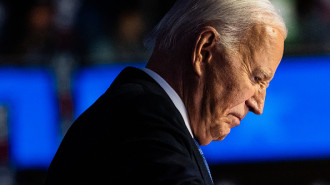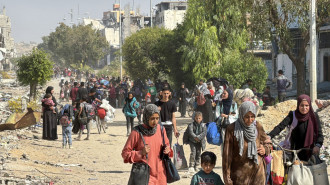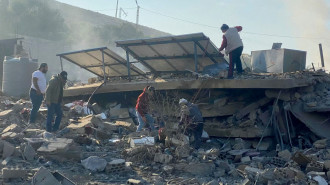Gaza aid by air, sea not 'substitute' for land deliveries: UN coordinator
Delivering humanitarian supplies to Gaza by airdrops or sea cannot sufficiently "substitute" land deliveries, the UN aid coordinator for the Palestinian territory said on Thursday after a closed-door Security Council meeting.
Sigrid Kaag said her message to the UN Security Council was that the international community must "flood the market in Gaza with humanitarian goods" and "re-energise the private sector" so more commercial goods can enter to meet civilians' needs.
She said diversifying the supply routes via land was the best solution.
"It's easier, it's faster, it's cheaper, particularly if we know that we need to sustain humanitarian assistance to Gazans for a long period of time," she said.
Her remarks came after the White House on Thursday announced plans to build a port in Gaza to get more humanitarian aid in and after several countries, including the United States, have dropped aid from airplanes in recent days.
Kaag welcomed the airdrops, which she said were a "symbol of support for the civilians in Gaza" and a "testimony to our shared humanity."
"But it's a drop in the ocean, it is far from enough," said the former Dutch finance minister, who was appointed in December following a Security Council resolution calling for "large-scale" aid for Gaza.
Asked about the main obstacles to delivering aid to the people of Gaza, Kaag noted the complicated border inspection process.
"If everything goes through one or two crossings, it's harder to process. Verification checking takes time. There are cumbersome processes," she said.
The UN secretary-general's spokesperson said that trucks arriving at the Rafah crossing on the Egypt-Gaza border must be unloaded after inspection and then reloaded, often onto smaller trucks.
"And then we need to find ways to distribute it; we need to find ways to facilitate that distribution in many areas, which requires the security coordination with the Israeli forces," Stephane Dujarric said.
Kaag warned that "when fighting continues, when people are desperate, when the social fabric is torn down and lawlessness is on the rise, it gets harder and harder for us on the other side once it's been checked and verified to receive and distribute safely."

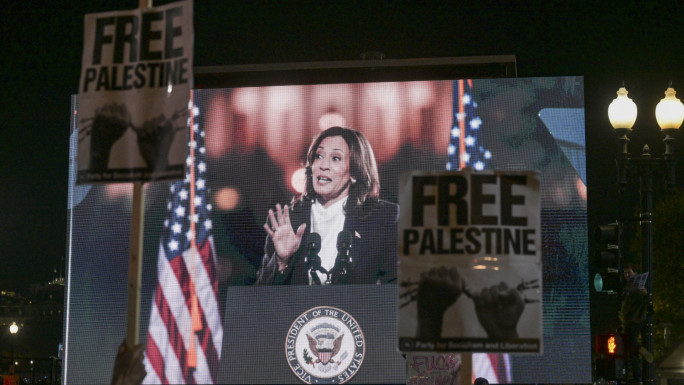

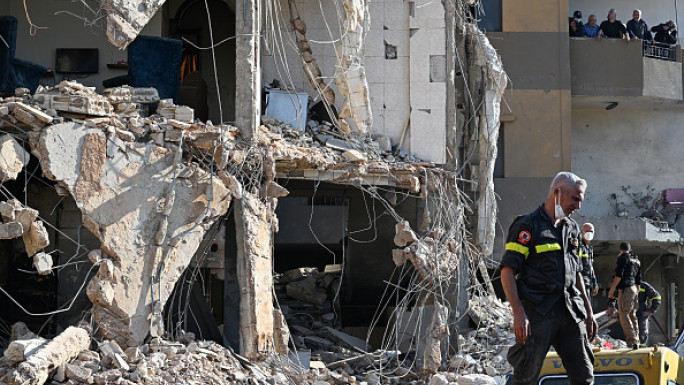
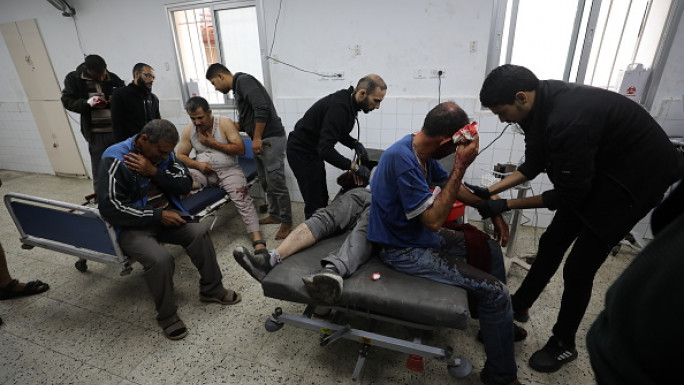
 Follow the Middle East's top stories in English at The New Arab on Google News
Follow the Middle East's top stories in English at The New Arab on Google News
